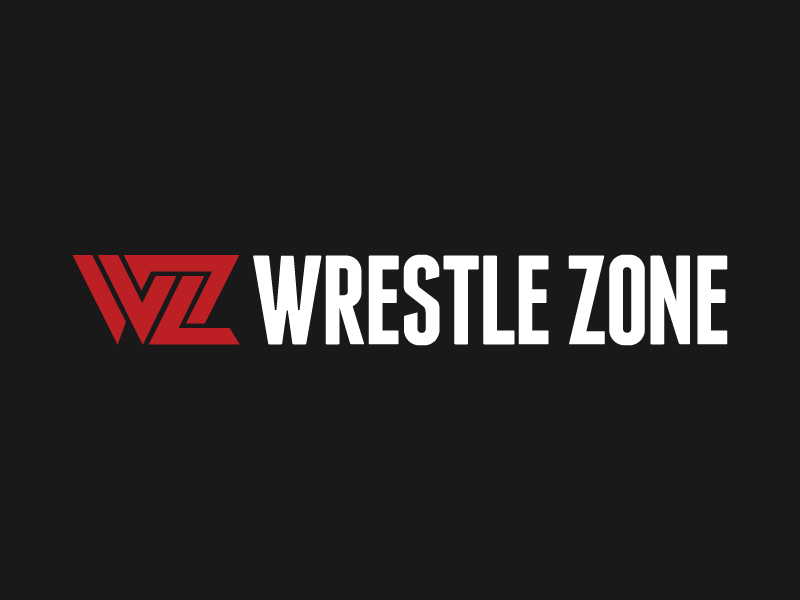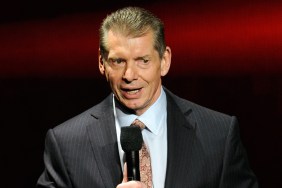MICHAELS: It was not a big deal until it became a big deal. It didn't become a big deal to us until it became a big deal to Vince.
NASH: What you have to realize is this is before the Internet was what it is now. This is an era where even though that happened it wasn't like it went viral, you know? People didn't even have cell phones.
MICHAELS: What happened was the same thing that happened a lot of times — [Mr. McMahon] on the ride to wherever, getting phone calls. Honestly, it was big to the old timers in the locker room before it was big anywhere else.
NASH: It exposed the business.
MICHAELS: We were of the mindset that people understood what the business was, the entertainment aspect. All the stuff we do now we were trying to convince them to do back then. You know, pull the veil back a little bit. Everybody knew we were all real friends. We didn't see the harm in doing that.
SEAN WALTMAN: We had that different mentality before everyone else caught up. We can do this and it's not going to hurt the business.
MICHAELS: A lot of the traditional guys did not like that. [Mr. McMahon] had to put the hammer down.
NASH: One thing I want to say is that situation and those actions were never done with malice.
WALTMAN: No way.
NASH: It was four guys that had spent a lot of miles, a lot of hours and a lot of our lives, [and we were] saying goodbye.
HALL: On the other side of the coin, I understand the talent that was still there thinking, "What's with these dudes? They're leaving and they're trying to hurt us." That wasn't the way it was. Sorry, man, we stayed out there a long time because the fans were cheering. Had they not cheered, we'd have left. It became really emotional.
MICHAELS: I look back at a lot of the stuff we did and I [understand] the heat. It’s not like we worked really hard to try and endear ourselves to people [in the locker room].
WALTMAN: As long as we liked each other.
NASH: We had five of us. I don't need more than four friends.

 Nick was born and raised in Detroit, Michigan, and lived there until the age of 18, when he decided to pack his flack jacket and move to New York City.
Nick was born and raised in Detroit, Michigan, and lived there until the age of 18, when he decided to pack his flack jacket and move to New York City.


